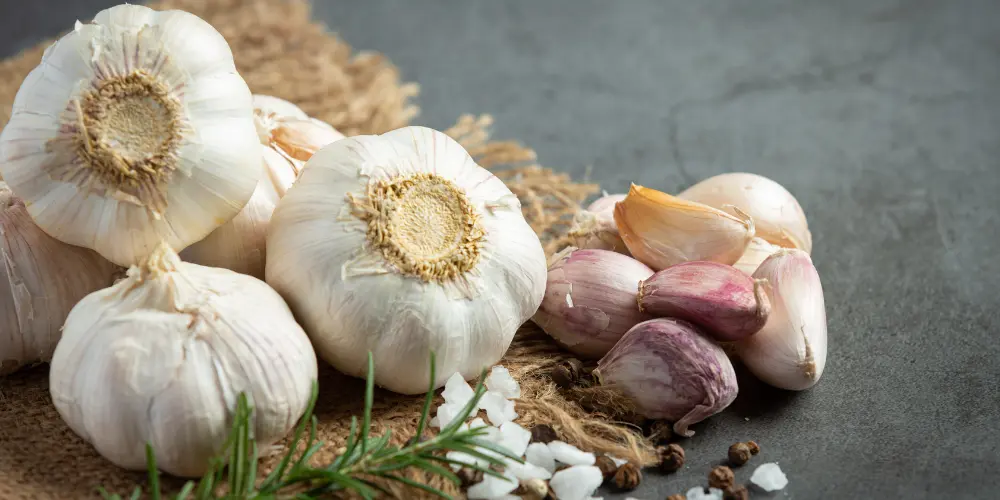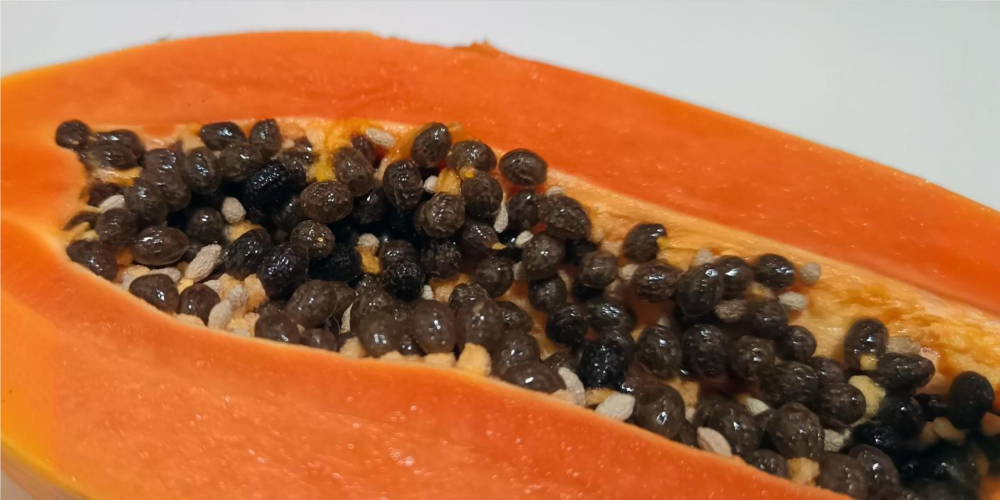Fact-check: Sambar cannot prevent, cure colon cancer
Author
Author
- admin / 3 years

- 0
- 2 min read

Author
The basis of the social media claim is a study conducted on mice. Robust research is needed to confirm these findings in humans.
By Naveed Ahmad Najar
Does sambar, a popular South Indian staple, have anticancer properties that could be effective in preventing or treating colon cancer? Viral social media posts seem to indicate so. However, there’s little scientific evidence to back the claim.
The basis of the claim is a study that “investigated the effects of sambar as a preventive measure for 1, 2-dimethyl hydrazine (DMH)-induced CC in Wistar albino rats”. It is crucial to note that the study was conducted on mice. Robust research is needed to confirm these findings in humans.
Dr Zafar Ali Wani, a gastroenterologist based in Kashmir, India, reasons that although some ingredients in sambar, including turmeric, curry leaves and tamarind, may have anticancer properties, the dish cannot prevent or cure colon cancer. “Regular exercise, along with a balanced diet rich in fruits, vegetables, whole grains, and lean protein can lower the risk of developing the disease,” he says.
Studies show that a low-fiber diet, including red meat, alcohol, and smoking, increases the risk of developing colon cancer. While diet is a risk factor, other variables such as genetics, age, and lifestyle also play a vital role.
Colon cancer can be effectively treated, if detected at an early stage. The treatment typically includes surgical intervention and medication.









